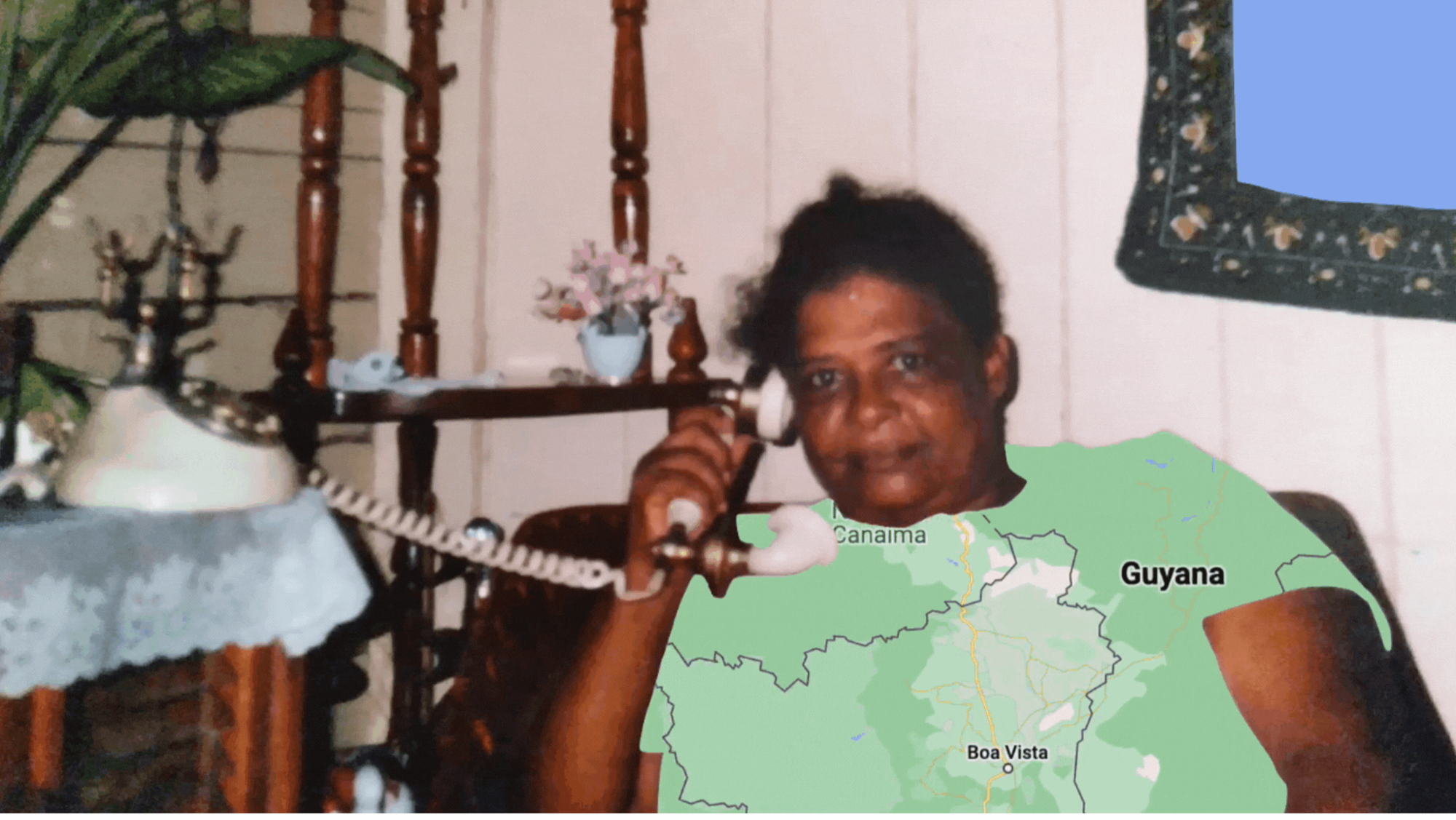AADHum GA Christin Washington Awarded the Caribbean Digital Scholarship Collective Micro-Grant
Join us in celebrating our graduate assistant, Christin Washington, the recipient of a microgrant from the Caribbean Digital Scholarship Collective! The CDSC Microgrant program supports projects that enhance Caribbean digital scholarship...

Join us in celebrating our graduate assistant, Christin Washington (UMD American Studies), as the recipient of a microgrant from the Caribbean Digital Scholarship Collective! The CDSC Microgrant program supports projects that enhance Caribbean digital scholarship, spanning various interventions such as online catalogs, digitized collections, apps, digital tools, pedagogical platforms, spatial analysis, textual analysis, e-learning, public outreach efforts, and more!
Find out more about Christin's digital project below!
About
Christin
![]() Christin Washington is a PhD student in the Department of American Studies at UMD, College Park and a graduate assistant with the African American Digital & Experimental Humanities lab (AADHum). She researches black geographies and her work stretches media toward matters of cultural memory in digital storytelling.
Christin Washington is a PhD student in the Department of American Studies at UMD, College Park and a graduate assistant with the African American Digital & Experimental Humanities lab (AADHum). She researches black geographies and her work stretches media toward matters of cultural memory in digital storytelling.
About
the project
 Virtual Altar: From an Other through an Unknown to an Elsewhere” will be a digital chapter of my dissertation and an immersive media exhibition. “Virtual Altar” addresses how African-syncretic spiritualities and embodied ancestral traditions complicate, enrich, and critique conventional Western mapping techniques. With the support from the Caribbean Digital Scholarship Micro-Grant, I will travel to Georgetown, Guyana in Summer 2024 to produce a 3-D diagrammatic representation of the location of memory using 3-D terrestrial laser scanning and photogrammetry. This spatial representation will offer an entryway to one of the many geographies and expressive cultures deemed unimaginable by Western thought, art, and aesthetics. Tracing the geographic route of Afro-Caribbean women from countries in the Caribbean Sea to spiritual, phenomenological, and technological spaces they have created, “Virtual Altar” provides a vehicle for visitors to get as close as possible to 1) the experience of memory—nonlinear, multisensory, and subject to loss or embellishment, and 2) the flow of memory and possession within the Caribbean Diaspora—a balm to the absurdity of the mundane.
Virtual Altar: From an Other through an Unknown to an Elsewhere” will be a digital chapter of my dissertation and an immersive media exhibition. “Virtual Altar” addresses how African-syncretic spiritualities and embodied ancestral traditions complicate, enrich, and critique conventional Western mapping techniques. With the support from the Caribbean Digital Scholarship Micro-Grant, I will travel to Georgetown, Guyana in Summer 2024 to produce a 3-D diagrammatic representation of the location of memory using 3-D terrestrial laser scanning and photogrammetry. This spatial representation will offer an entryway to one of the many geographies and expressive cultures deemed unimaginable by Western thought, art, and aesthetics. Tracing the geographic route of Afro-Caribbean women from countries in the Caribbean Sea to spiritual, phenomenological, and technological spaces they have created, “Virtual Altar” provides a vehicle for visitors to get as close as possible to 1) the experience of memory—nonlinear, multisensory, and subject to loss or embellishment, and 2) the flow of memory and possession within the Caribbean Diaspora—a balm to the absurdity of the mundane.

